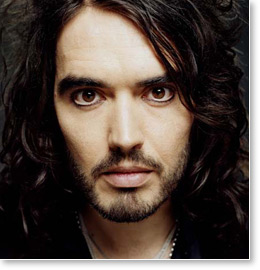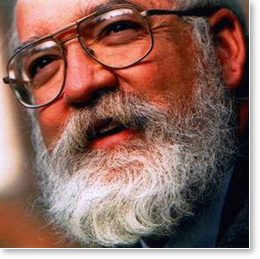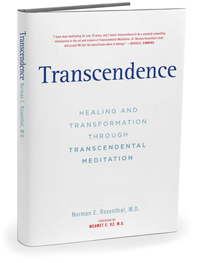 Excerpts from the Sunday, July 10th, 2011 feature story in The Independent, one of Great Britain’s leading daily newspapers:
Excerpts from the Sunday, July 10th, 2011 feature story in The Independent, one of Great Britain’s leading daily newspapers:
“TM, as its followers call it, is rapidly moving from kooky to respectable mainstream thanks largely to a burgeoning body of scientific research which indicates that regular meditators can expect to enjoy striking reductions in heart attack, stroke and early mortality (as much as 47 per cent, according to one study). And the apparent benefits don’t stop there: according to a pilot study just published in the US journal Military Medicine, veterans of the Iraq and Afghanistan wars showed a 50 per cent reduction in their symptoms of post-traumatic stress disorder after eight weeks of TM.

Sir Paul McCartney
Meanwhile, educational establishments which introduce a “quiet time program” – as did Visitacion Valley Middle School in San Francisco – report drops in fights and suspensions, increased attendance and improvements in exam results. In this country, the Maharishi School in Ormskirk, Lancashire, gets glowing reports and achieves exceptional academic results.
An estimated four million people now practice TM globally – 20 minutes twice daily, as per the Maharishi’s prescription – many of them over the course of many decades, and there are some famous, and rather surprising, names on the list.

Comedian Russell Brand

American philosopher Daniel Dennett
TM reaches far into the rational and skeptical world, too; the American philosopher Daniel Dennett does it, as does Dr Jonathan Rowson, head of the Social Brain project at the Royal Society for the Encouragement of Arts, Manufactures and Commerce (RSA) and a chess grandmaster (more from them later). Now a psychiatrist with 30 years’ clinical experience, Dr. Norman Rosenthal has written a book, Transcendence: Healing and Transformation through Transcendental Meditation, which gathers all the available evidence for TM and urges healthcare professionals to offer it to patients suffering from mental illnesses ranging from mild depression to bipolar disorder.

Actress Laura Dern
While the research on the health benefits of TM is fascinating, there’s another, more compelling, reason why meditation is in the air just now. Done consistently, it seems to offer some sort of corrective to modernity, a respite from anxiety and the ability to really, truly relax, without chemical assistance; a break from our constant, restless and often doomed aspirations to be thinner, richer and more popular on Facebook; the welcome discovery that happiness is to be found not in retail therapy, but within.
Those spiritual cravings explain why Rosenthal’s book is now riding high at number 14 on America’s Publishers Weekly non-fiction list…
 The bestselling Dr. Rosenthal came to public prominence through his work on seasonal affective disorder at the National Institute of Mental Health in Maryland, where he also pioneered the use of light therapy to treat it. His interest in TM was piqued when one of his bipolar patients described how practicing TM alongside his regular medication had helped him move from ‘keeping his head above water’ to feeling ‘really happy 90 per cent of the time’.
The bestselling Dr. Rosenthal came to public prominence through his work on seasonal affective disorder at the National Institute of Mental Health in Maryland, where he also pioneered the use of light therapy to treat it. His interest in TM was piqued when one of his bipolar patients described how practicing TM alongside his regular medication had helped him move from ‘keeping his head above water’ to feeling ‘really happy 90 per cent of the time’.
Dr Rosenthal began to examine the large body of scientific research into the effects of TM on long-term users, and also to collect anecdotal evidence from meditators. His book Transcendence is the result, though as he acknowledges in his introduction, ‘Some of you may find this preview of the benefits of TM – this seemingly simple technique – exaggerated and hard to believe. I don’t blame you.’ He draws on 340 peer-reviewed research articles to back his argument that TM can not only reduce the incidence of cardiovascular disease, but also assist in treating addiction, post-traumatic stress disorder, ADHD and depression, not to mention helping high-functioning individuals achieve greater self-actualization”



